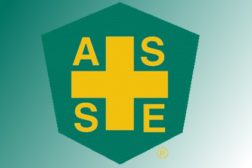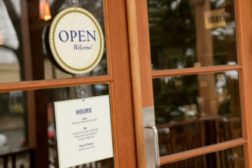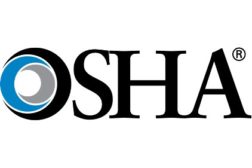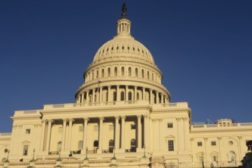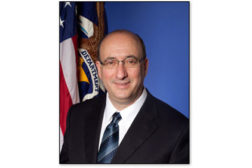Government Safety Regulations
OSHA loses key supporter in Congress
Agency issues will now be "too far down the food chain"
November 9, 2012
Never miss the latest news and trends driving the safety industry
eNewsletter | Website | eMagazine
JOIN TODAYCopyright ©2024. All Rights Reserved BNP Media.
Design, CMS, Hosting & Web Development :: ePublishing
